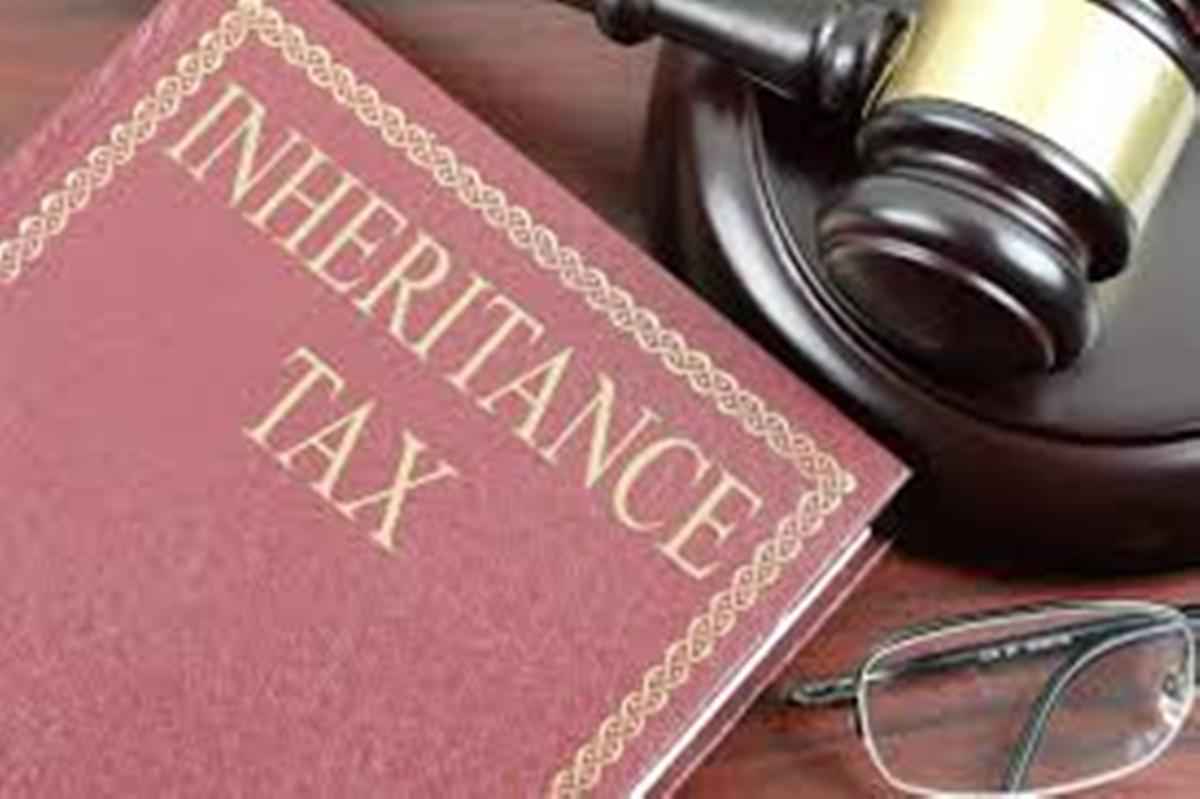Regardless of whether you are residing inside or outside of the UK, the impact of the inheritance tax in the UK may have on your future finances.
However, the inheritance tax only affects a proportionally small number of estates, so there is a chance that you won’t be impacted by the inheritance tax in the UK.
But, if you are going to inherit the estate of a close relative who has passed away, and their estate falls into the inheritance taxable category,
then it is worth knowing how inheritance law will be imposed on you so you can avoid unnecessary fees.
In this article, we are going to wrap up what is Inheritance tax, who pays inheritance tax, Inheritance tax laws for UK Expats, what are the different inheritance tax rates in the UK, and what are the inheritance tax laws exemptions in the UK.
Let’s dive into the deep!
What is Inheritance tax?
An inheritance tax is a tax that is levied on the inherited wealth that is left on you because of the death of a specific individual.
The inheritance tax will be imposed on the estate of someone who has died including money, possessions, and all property.
The standard inheritance tax rate is 40% and it will be charged upon the portion of your part that is above the tax-free threshold of £325,000. The estate can include:
- Money
- Land
- Shares and investments
- Pensions
- Personal possessions
- Insurance pay-outs
- Jointly owned assets
- Property

Who pays inheritance tax?
Under UK law, the individual who covers the payment of this particular tax will always be the executor of the deceased’s will. Or, if no executor is stated then the administrator.
So, you won’t necessarily pay the inheritance tax on what you inherit from your accounts directly. Rather, the cost of the inheritance tax will be taken from the estate’s overall value after the tax-free threshold.
Why do you need to pay the inheritance tax in the UK?
The main objective of the inheritance tax is to prevent the accumulation of wealth upon the death of an individual.
Rather, some of the portions of the wealth are redistributed to the state to ensure that the country can use the money for various projects and services for the welfare of the society in the country.
UK Laws surrounding UK inheritance Tax for non-residents:
Even if you are not a direct resident of the UK, there is a chance that you are supposed to pay the inheritance tax upon the death of a relative.
This clause will be applied to you if you intend to sell the inherited property or land and you are going to make a financial gain from the sale.
For other estate assets, UK inheritance laws for non-residents state that you won’t be taxed on these estates unless they breach your allowance limit.
Inheritance UK Laws for UK Expats:
Generally, UK inheritance laws also affect UK expats living outside of the UK but whose domicile remains inside the territory of the UK.
Changing your domicile can mitigate this, but the process to do so is not so easy. Also, it is not a case to prove that no longer you are residing inside the UK.
The UK tax system claims for proof that you won’t return to the UK before they strike you from the tax list. And even then you will also be charged to pay the inheritance tax as you are going to own the UK-based assets.
What is the inheritance tax threshold in the UK?
This inheritance tax can be levied on an estate, the value of the estate first must pass the inheritance tax allowance in the UK set by the government.
The current allowance threshold is fixed at £325,000. But this cut point can be increased to £500,000 if the individual that died owned, or part-owned their income, or they have left this home to their child, stepchild, foster child, or grandchild.
However, once the estate passes the value of the inheritance tax allowance in the UK, a percentage of payment will be levied on the remaining wealth after the allowance threshold.
The payment of the tax does not end there, you will be required to make further tax payments even after the initial tax payment has been made if you choose to divide the estate up as gifts.
What are the different UK Inheritance tax rates?
Similar to many taxes, there is a variety of rates that will be applied to your inheritance tax. In the UK the basic rate is set at 40% regardless of the content of the estates.
But, the good news is that this percentage rate will eventually taper off for future gifts, but will disappear entirely seven years after the owner of the estate’s death.
Here is a list of different percentage rates based on the seven years:
| The period between gift and death | Tax Rate |
| Less than 3 years | 40% |
| 3 to 4 years | 32% |
| 4 to 5 years | 24% |
| 5 to 6 years | 16% |
| 6 to 7 years | 8% |
| 7 or more years | 0% |
What are the inheritance tax exemptions in the UK?
While many people will end up paying the inheritance tax in the UK, still there are a few exemptions in the inheritance tax that can eliminate or reduce the requirement.
First and foremost, if the deceased left the entirety of the wealth above the inheritance allowance threshold to their civil partner or spouse, no tax is payable.
Additionally, if an individual dies and the value of the estate is less than their tax allowance, any remaining allowances can be added to their spouse or civil partner’s allowance.
It will make the maximum possible threshold up to £1,000,000 per couple if the home is left to a child, stepchild, foster child, or grandchild.
On top of this, no inheritance tax will be payable if the entire wealth above their allowance is bequeathed to a community, charity, or sports club.
Inheritance tax gifts, reliefs, and exemptions:
Some gifts and property are exemptions from inheritance tax such as some charitable donations, and wedding gifts. Relief may also apply to certain types of property such as business assets, and farms.
If the deceased person has been gifted any property before seven years of their death, it will be counted as part of the estate, and likely to emptions inheritance tax.
FAQ:
How does a 7-year inheritance tax work?
Ans: The 7-year inheritance tax rule means that if a deceased gifts a property, there will be no tax likely to be paid if he gifted the property before 7 years of his death. Or after gifting them the gift he had lived for 7 years.
What is the limit before you pay inheritance tax UK?
Ans: In the inheritance tax UK, there is a threshold to pay for the inheritance tax.
For 2023-24 the basic threshold is £325,000. For the remaining property of above £325,000, the inheritance tax rate is usually 40% on anything.
What is inheritance law in the UK?
Ans: If there is no spouse alive, no children of a deceased person without leaving a will inherit the whole estate.
This will be applicable however much the estate is worth. If there are children, then the property will be divided equally into those portions.
Conclusion:
Inheritance tax is a type of tax in the UK on the estate of someone who has passed away.
Normally, you need not pay the inheritance tax if the value of the estate is below £325,000. Also, if you leave everything to your spouse, civil partner, child, stepchild, foster child, or grandchild.
If neither of these mentioned rules applies to your case then the remaining property will be taxed 40% anything above £325,000.
So, here, in this article, we have put together various factors of inheritance tax in the UK. Hope, this article will be helpful to you to acquire a deep knowledge of inheritance tax in the UK.






